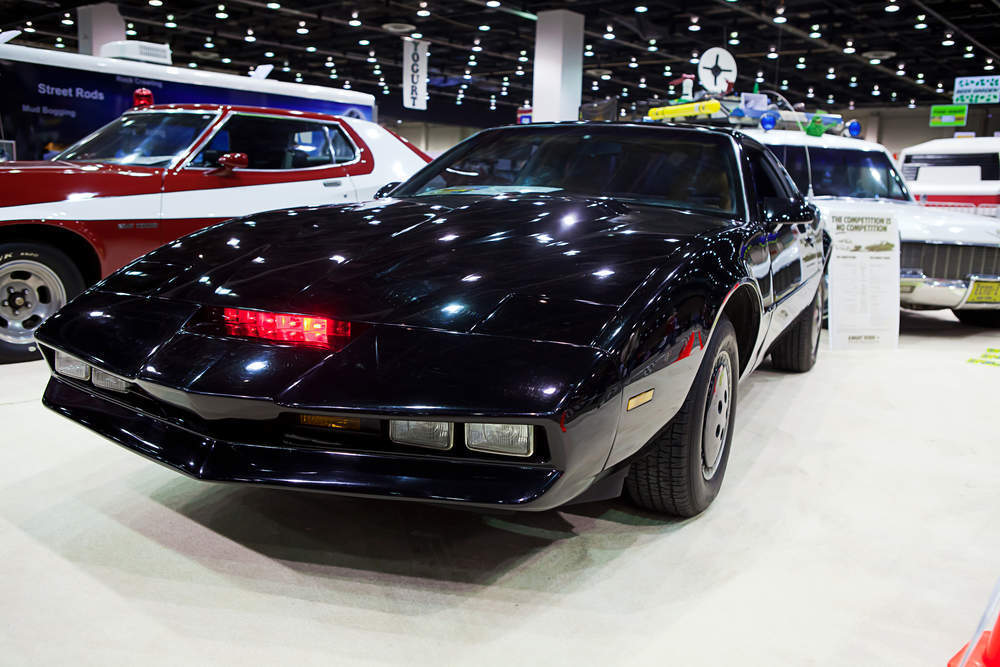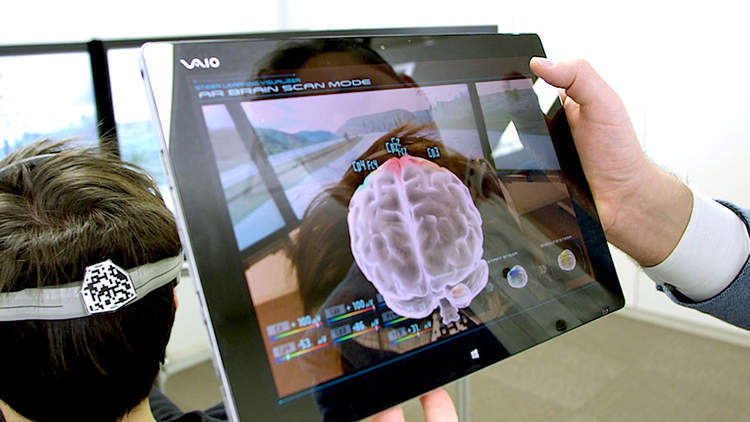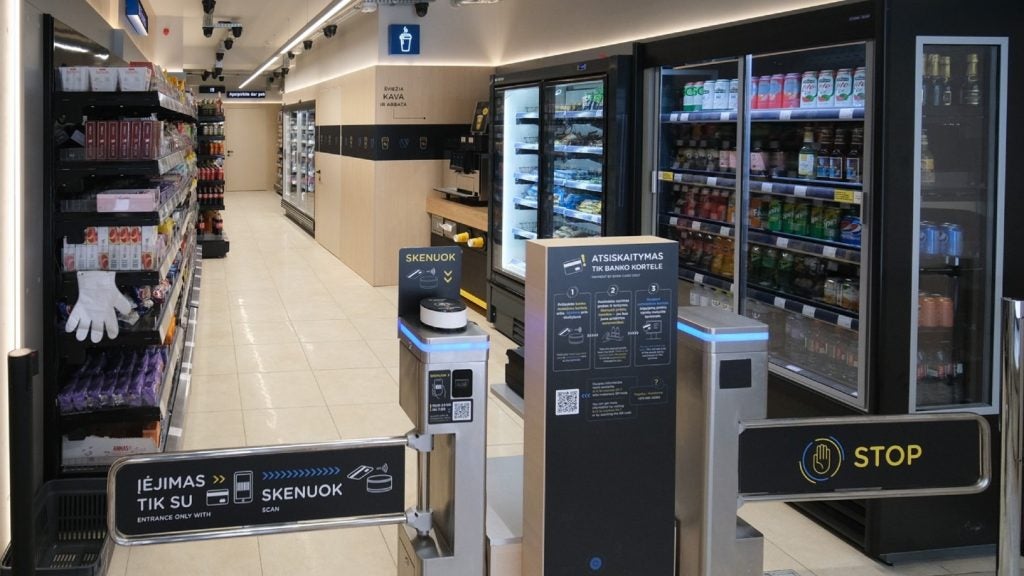
The hype around driverless cars — also sometimes called self-driving cars — can seem a bit ahead of itself, leaving people wondering why there’s all this talk about something that’s still along way off, if it arrives at all.
However, Japanese car maker Nissan thinks it can help smooth the transition to driverless cars — claiming it has developed technology that allows cars to interpret signals from the driver’s brain.
Nissan is set to demonstrate the new tech at the CES 2018 trade show in Las Vegas next week in a driving simulator.
While many in Silicon Valley say the world of driverless cars is just a few short years away, real world tests outside of a few tech hubs are few and far between.
Car makers and tech companies from Ford to Google have made huge progress in making fully automated cars a reality — but there are still hurdles to overcome.
Changing and unpredictable weather can interfere with the car’s ability to identify or track moving objects and GPS and artificial intelligence vision systems can struggle in remote or inaccessible areas.
How well do you really know your competitors?
Access the most comprehensive Company Profiles on the market, powered by GlobalData. Save hours of research. Gain competitive edge.

Thank you!
Your download email will arrive shortly
Not ready to buy yet? Download a free sample
We are confident about the unique quality of our Company Profiles. However, we want you to make the most beneficial decision for your business, so we offer a free sample that you can download by submitting the below form
By GlobalDataNissan thinks so-called brain-to-vehicle technology will mean the a drivers’ reaction times are sped up, making driving safer and easier.
Nissan executive vice president Daniele Schillaci said:
When most people think about autonomous driving, they have a very impersonal vision of the future, where humans relinquish control to the machines. Yet brain-to-vehicle technology does the opposite, by using signals from their own brain to make the drive even more exciting and enjoyable.
Through Nissan Intelligent Mobility, we are moving people to a better world by delivering more autonomy, more electrification and more connectivity.
How will brain-to-vehicle communication work?
According to Nissan the driver will wears a device that measures brain wave activity, which is then analysed by autonomous systems.
By anticipating intended movement, the systems can take actions – such as turning the steering wheel or slowing the car – 0.2 to 0.5 seconds faster than the driver, while remaining largely imperceptible.

Lucian Gheorghe, senior innovation researcher at the Nissan Research Center in Japan, who’s leading the B2V research, said:
The potential applications of the technology are incredible. This research will be a catalyst for more Nissan innovation inside our vehicles in the years to come.
Gheorghe expects the technology could also be used for augmented reality to adjust what the driver sees and create a more relaxing environment.





